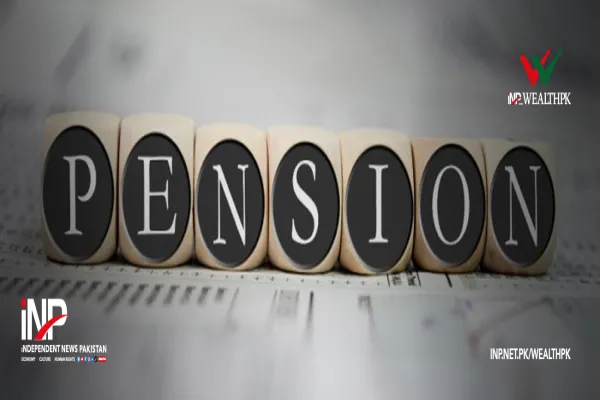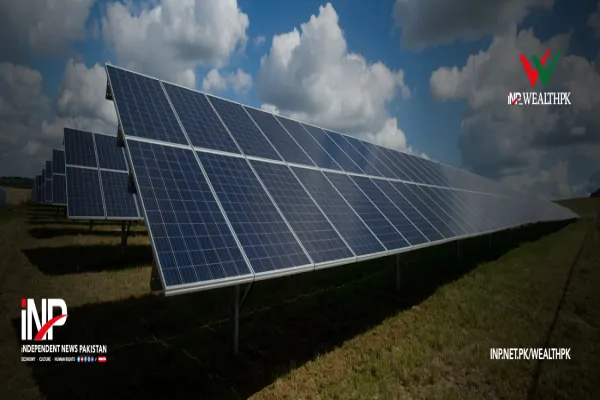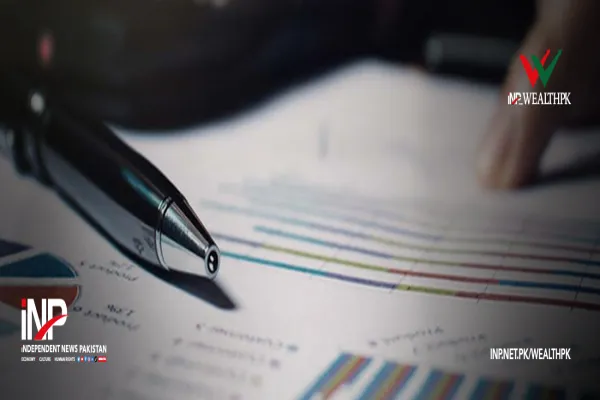i INP-WEALTHPK
Faiza Tehseen
Policy clarity, robust infrastructure, and an enabling regulatory environment can help Pakistan attract investment in tapping naturally occurring energy metals to meet local industry needs and export value-added products. “Energy metals are a diverse group of metallic elements, including lithium, cobalt, copper, and rare earth elements (REEs).
They are essential components in the production of batteries, electric vehicles, wind turbines, renewable energy systems, and energy storage equipment,” points out Abdul Bashir, a senior geologist with Koh-e-Daleel Mining Company Private Limited. Talking to WealthPK, he added, “REEs are also called battery metals. For example, lithium is used in lithium-ion batteries for electric vehicles and energy storage systems.
Cobalt and graphite are also key components of these batteries. Manganese, another important element in lithium-ion batteries, enhances battery performance and stability. Nickel is a vital component in various battery chemistries, including lithium-ion, and plays a key role in increasing energy density and capacity.”
Bashir said other critical energy metals like copper and aluminium are used in grid stations for power generation, transmission, and distribution. “Some REEs, including dysprosium, neodymium, praseodymium, and terbium, are essential for producing permanent magnets used in wind turbines and electric vehicle motors. Silver is also used in small amounts in solar photovoltaic cells.”
He added that gallium, tellurium, and indium are used in manufacturing thin-film solar cells. “Platinum group metals, including platinum, rhodium, and palladium, are used in the production of fuel cells. Tungsten, molybdenum, titanium, zirconium, and niobium are used in a range of applications, including wind turbine blades, high-temperature components, and nuclear reactors.”
Bashir said Pakistan needs to unlock the potential of REEs to address its energy challenges, achieve climate goals, and develop green technology-based tools and strategic equipment. He noted that, according to rough estimates, Pakistan possesses trillions of dollars’ worth of mineral wealth, yet much of it remains unexplored.
“Lack of proper planning, inadequate budgeting, and a shortage of modern equipment and expertise are keeping this wealth untapped.” Regarding the barriers to harnessing this potential, the geologist said, “The regulatory maze is the greatest challenge. A tangle of overlapping provincial and federal laws is enough to discourage investors.”
However, he said the Balochistan Mines and Minerals Act, 2025 aims to harmonize regulations by enhancing coordination between provincial and federal governments to attract investment. Bashir said that to make the mineral sector more sustainable, environmental, social, and governance (ESG) norms are essential. “Green mining practices should be adopted to prevent environmental damage and harm to human health.”
Speaking to WealthPK about the potential of critical energy metals in Pakistan, Imran Babar, a miner and geologist, said Pakistan should establish robust infrastructure for the handling and processing of these metals. He said that local processing of critical energy metals would strengthen the mining sector and reduce domestic production costs.
Credit: INP-WealthPk









